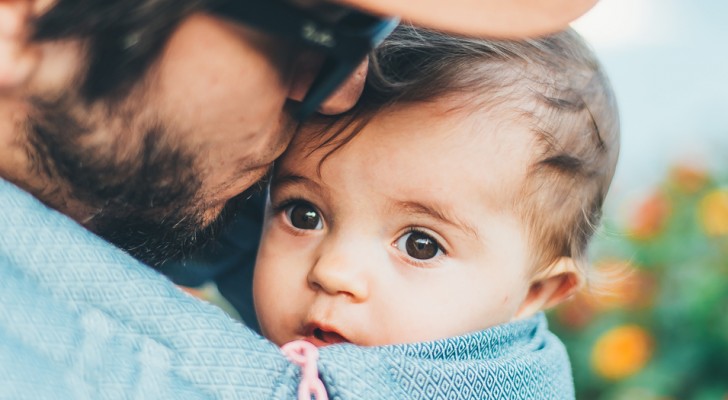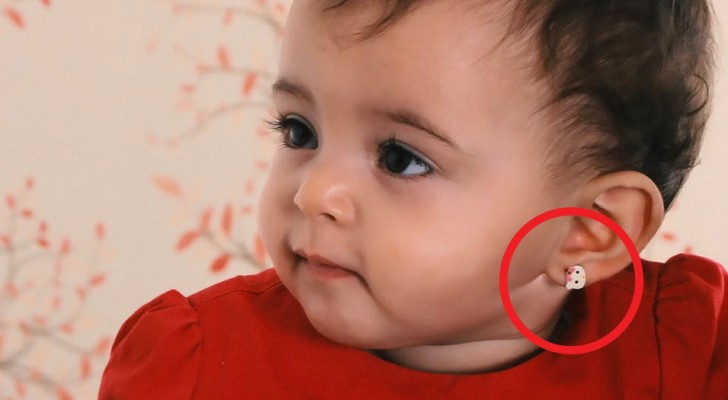If children are loud and full of energy, it just means they are happy!

The world of children is a fascinating dimension, a reality that changes as the individual grows and builds his or her own personality.
The character of each child is formed through exploration, experiences, and the small and great achievements of everyday life.
In this way, information and knowledge are consolidated, substantiation and autonomy are acquired, in a nutshell, a child becomes an adult.
But, how can we understand if our children are also happy?
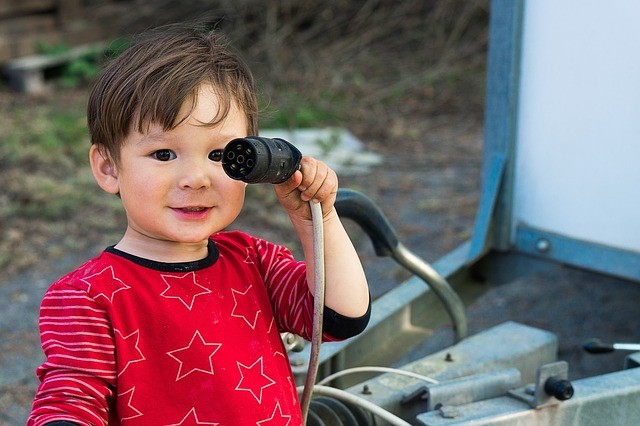
The answer could be simpler than you believe. The noise, the little squeals, the festive uproar is almost always a sign of good health and a manifestation of joy. Children have no filters, so they express their inner self explosively and without holding back. If there is something wrong they cry or make a fuss, but if everything is OK, they laugh, shout and play loudly.
A child who is not afraid to let out his or her emotions is certainly healthy and on the right track to becoming a balanced adult, and is certainly far from being repressed. It is well known that children have the habit of speaking, singing, murmuring and producing sounds by themselves even when no one is watching them.
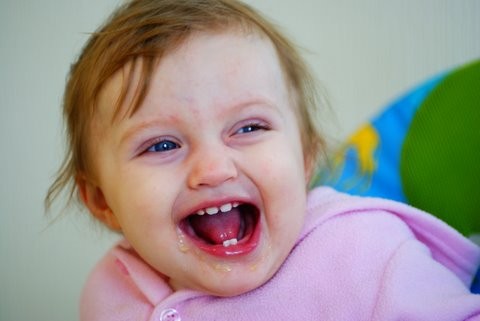
This is their way of testing themselves, finding serenity, calming down, releasing tension, and experimenting. Children who discover the autonomy of producing their own voice or whistling will often do so because from these actions they derive satisfaction and the gratification of being in control.
Being active is fine, but care must be taken when a child becomes "hyperactive", that is to say, that being expansive is not necessarily a sign of happiness but simply a sort of restlessness that occurs due to the inability to manage one's energies. In this regard, it is always good to observe how your child interacts with others and also how they behave alone, to see if something is wrong.
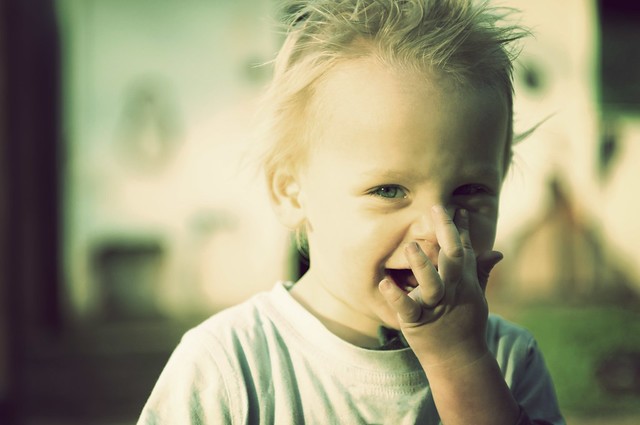
The connection between noise and joy and happiness does not exclude that quieter children are also equally satisfied and healthy. The latter simply have another temperament and another way to convey what they feel and think to the outside world.
There is a thin line between well-being and discomfort because these are conditions that can often coincide and manifest themselves in a very similar way. Accordingly, a quiet child can be both happy and introverted and a noisy one can be both serene and agitated.
First of all, it is up to parents and then educators to be aware of a child's behavior and to detect any problems as soon as they start to manifest, so as to safeguard the well-being of the child.


